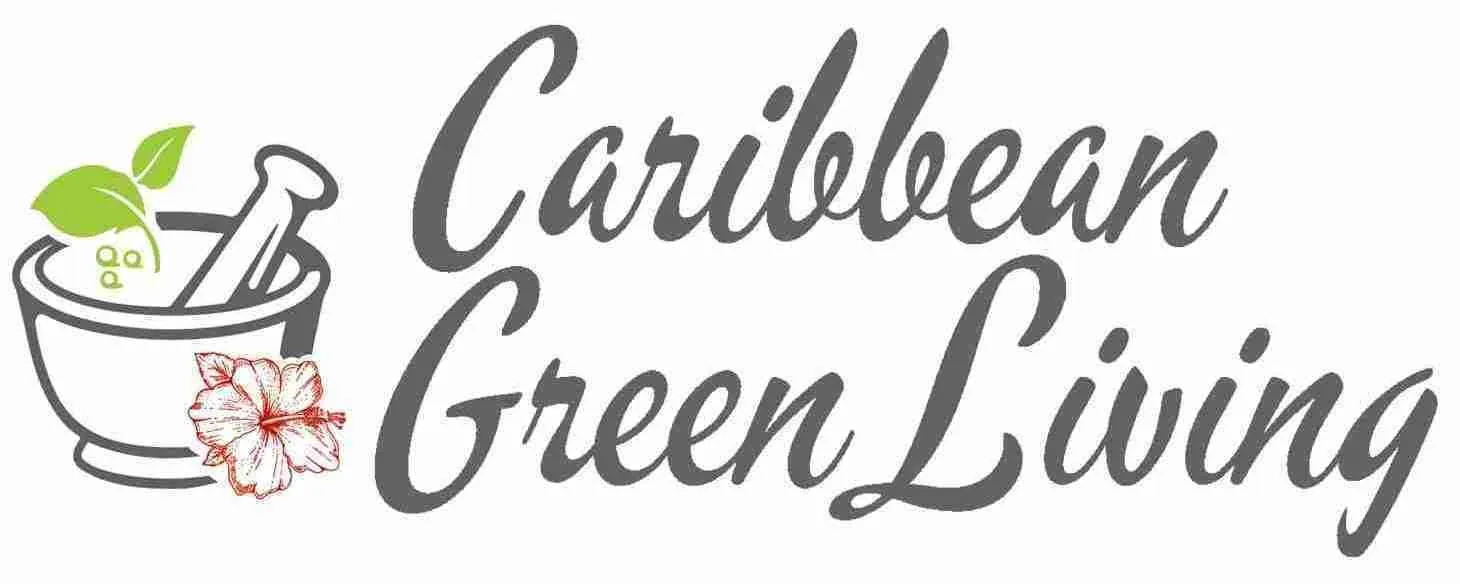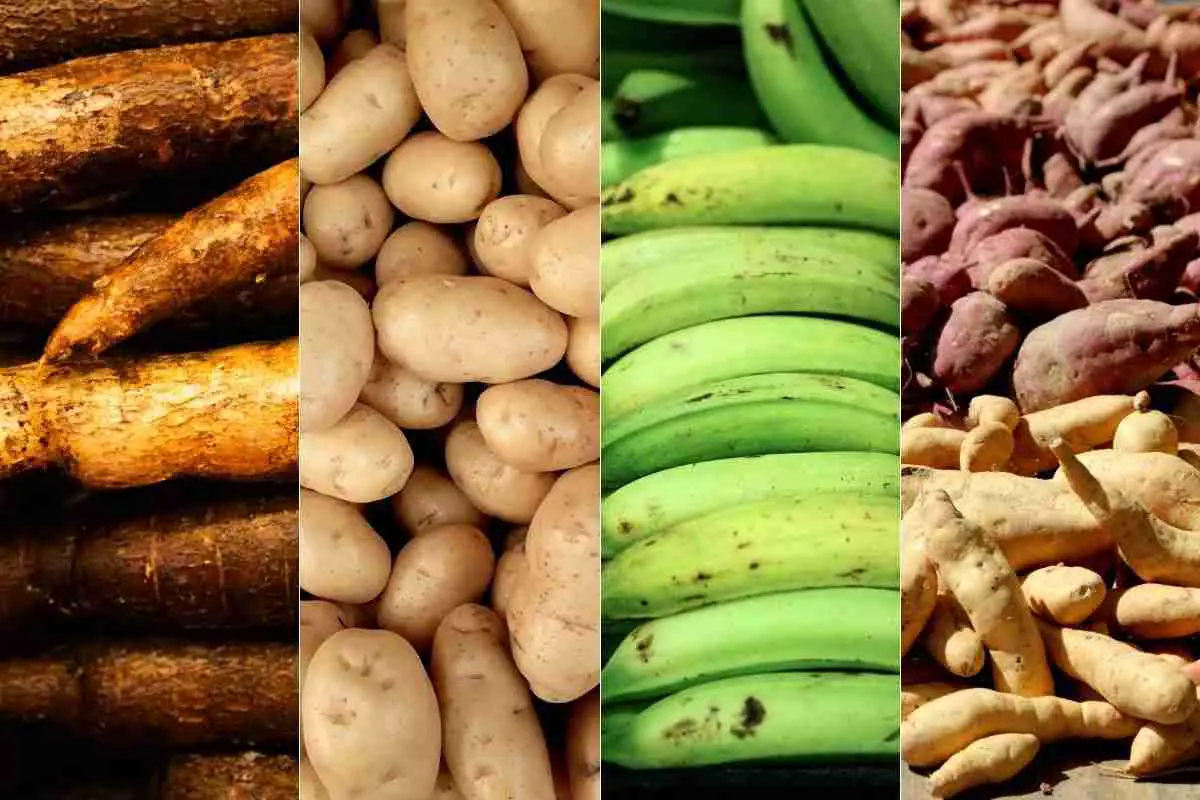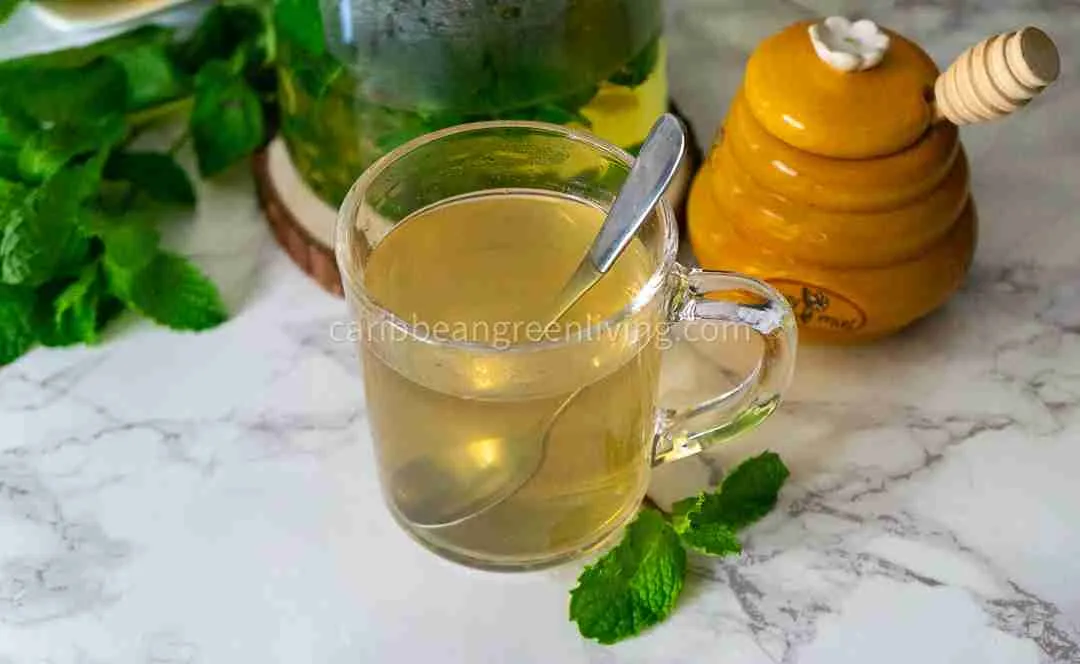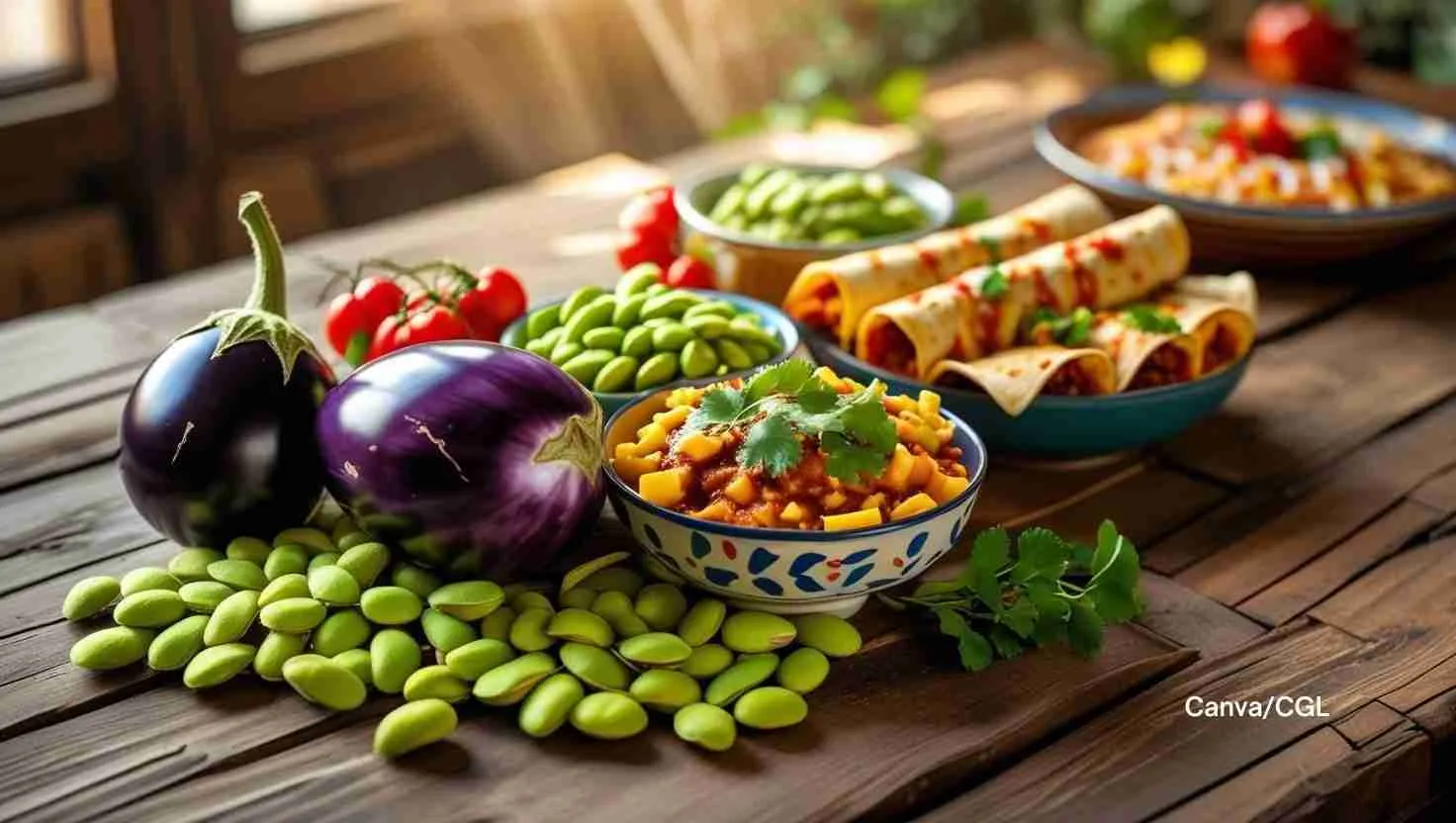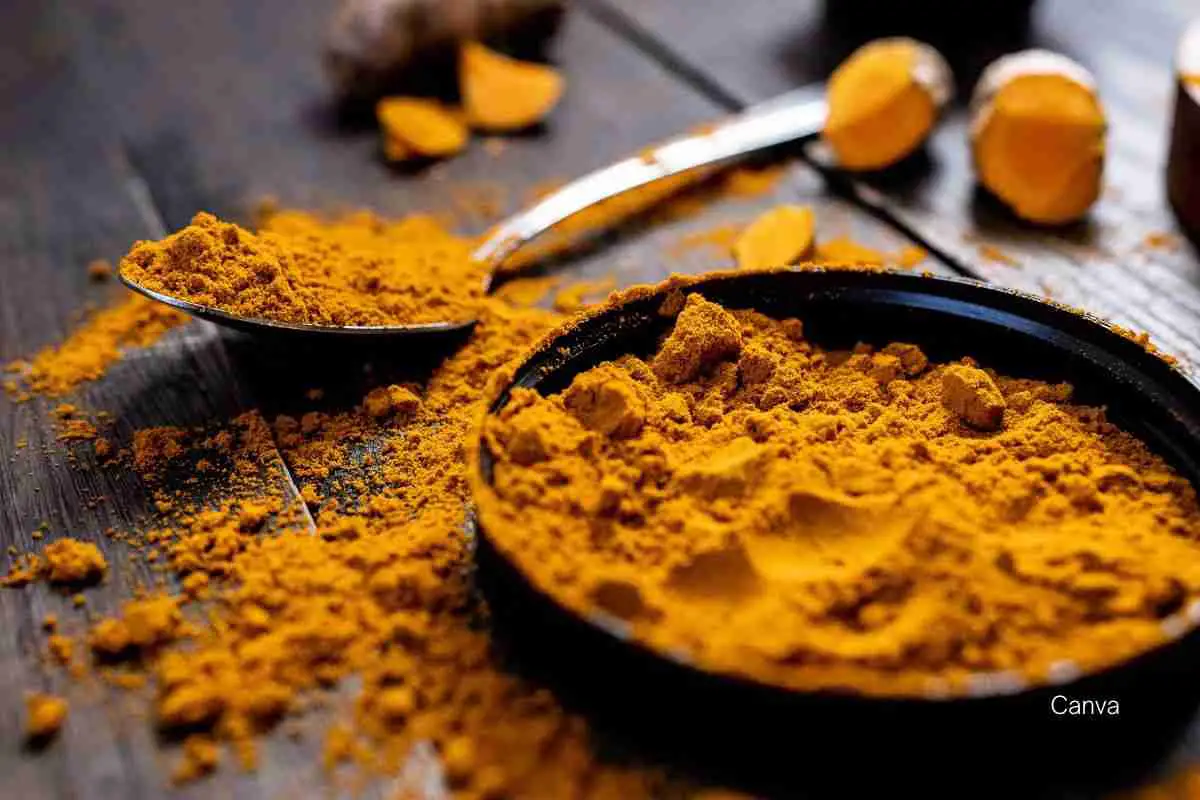40 Fun Healthy Eating Facts
Diving into Fun Facts About Healthy Eating, we explore the vibrant, healthy lifestyle rooted in the goodness of nature. And what’s more fundamental to our well-being than the food we eat?
We often hear about the shoulds and shouldn’ts of healthy eating, but today, let’s dive into the lighter side and uncover some truly fun facts about healthy eating that might just surprise you! Get ready to have your perception of nutrition deliciously altered.
Whether you’re a seasoned health enthusiast or just starting your journey towards a more wholesome way of life, these tidbits are sure to spark your curiosity and maybe even inspire some positive changes. So grab a refreshing glass of sorrel (a Caribbean favorite!), sit back, and let’s explore the fascinating world of healthy eating!
40 Fun Facts to Fuel Your Healthy Lifestyle:
- Your taste buds regenerate every 10-14 days! This means you can literally train your palate to enjoy healthier foods over time. Don’t give up on those veggies just yet!
- Carrots were originally purple, not orange! The vibrant orange hue we know today is a result of selective breeding in the Netherlands in the 15th or 16th century. Talk about a colorful history!
- Bananas are technically berries! And strawberries aren’t botanically true berries. Mind. Blown. #FruitFacts
- Dark chocolate is good for your heart! In moderation, dark chocolate (at least 70% cacao) is packed with antioxidants that can benefit cardiovascular health. Sweet news!
- Honey never spoils! Archaeologists have found edible honey in ancient Egyptian tombs. Talk about a natural preservative!
- Eating slowly helps you feel fuller. It takes about 20 minutes for your brain to register fullness signals from your stomach. Savor each bite! #MindfulEating
- Broccoli has more vitamin C than an orange! This cruciferous powerhouse is a nutritional superstar.
- Avocados are fruits, not vegetables! And they’re loaded with healthy fats that are great for your skin and brain. #HealthyFats
- The smell of apples can help reduce anxiety. Who knew a simple sniff could be so calming?
- Chewing gum after a meal can aid digestion. It stimulates saliva production, which helps break down food. Opt for sugar-free varieties, of course!
- Your brain uses about 20% of your body’s total energy. Fueling it with nutritious foods is crucial for focus and cognitive function. #BrainFood
- Spinach is a good source of iron, but the Popeye effect was exaggerated! While healthy, its iron content isn’t as dramatically high as early studies suggested due to a misplaced decimal point. Still a great leafy green though!
- Fermented foods like sauerkraut and kimchi are packed with beneficial bacteria for your gut health. A happy gut contributes to overall well-being. #GutHealth
- Drinking enough water is essential for nutrient absorption. Water helps transport vitamins and minerals throughout your body. Stay hydrated!
- The color of fruits and vegetables often indicates their nutrient content. Eat the rainbow for a wider range of vitamins and antioxidants! #EatTheRainbow
- Nuts are nutritional powerhouses, providing healthy fats, protein, and fiber. A handful a day can do wonders for your health.
- Cooking tomatoes increases their lycopene content. Lycopene is a powerful antioxidant linked to reduced risk of certain diseases.
- Herbs and spices are not just for flavor; they’re packed with antioxidants and anti-inflammatory properties. Get creative in the kitchen! #NaturalRemedies
- Skipping meals can hinder your weight loss goals. It can slow down your metabolism and lead to overeating later.
- Healthy eating is a journey, not a destination! Small, sustainable changes are more effective than drastic, short-term diets. Embrace progress, not perfection.
- Eating a healthy diet can help you lose or maintain a healthy weight. Nourishing your body with the right foods supports a healthy metabolism. #WeightManagement
- Eating a healthy diet can help reduce your risk of chronic diseases, such as heart disease, stroke, type 2 diabetes, and some types of cancer. Nutrient-rich foods protect your body. #DiseasePrevention
- Eating a healthy diet can help improve your mood and energy levels. Proper nutrition fuels your brain and body for optimal function. #MoodBoost
- Eating a healthy diet can help you sleep better. Certain nutrients can promote restful sleep. #HealthySleep
- Eating a healthy diet can help you look and feel your best. Radiant skin, strong hair, and overall vitality are linked to good nutrition. #LookGoodFeelGood
- Eating a healthy diet can help you live a longer, healthier life. Investing in your nutrition is investing in your future well-being. #Longevity
- Fruits and vegetables are a great source of vitamins, minerals, and fiber. Embrace the natural goodness of plant-based foods. #PlantBasedNutrition
- Whole grains are a good source of complex carbohydrates, fiber, and nutrients. Choose whole wheat, oats, and brown rice for sustained energy. #WholeGrains
- Lean protein is a good source of protein, iron, and zinc. Opt for fish, poultry, beans, and lentils for building and repairing tissues. #LeanProtein
- Low-fat or fat-free dairy products are a good source of calcium, protein, and vitamin D. Support strong bones and overall health. #DairyNutrition
- Healthy fats, such as omega-3 fatty acids, are important for heart health and brain function. Include avocados, nuts, seeds, and oily fish in your diet. #Omega3s
- Water is essential for good health. Stay hydrated to support all your body’s vital functions. #StayHydrated
- Limiting sugary drinks can help you lose weight and improve your overall health. Choose water, unsweetened tea, or natural fruit juices in moderation. #SugarFree
- Processed foods are often high in unhealthy fats, sugar, and sodium. Opt for fresh, whole ingredients whenever possible. #AvoidProcessedFoods
- Eating out can be unhealthy, but there are ways to make healthier choices when you eat out. Look for grilled or baked options, load up on vegetables, and be mindful of portion sizes. #HealthyEatingOut
- Cooking at home is a great way to control what goes into your food. Experiment with Caribbean flavors and fresh, local ingredients! #HomeCooking
- Eating breakfast is essential for good health. Fuel your body and brain for a productive day. #EatBreakfast
- Snacking can be healthy, but it’s essential to choose nutritious snacks. Opt for fruits, vegetables, nuts, or yogurt instead of processed snacks. #HealthySnacks
- Eating a variety of foods is essential for good nutrition. Ensure you’re getting a wide range of vitamins and minerals by diversifying your plate. #VarietyIsKey
- It’s never too late to start eating healthy. Every step you take towards better nutrition is a positive one. #StartToday

Here Are Some Additional Tips for Healthy Eating:
Beyond the fun facts, let’s get practical! Incorporating healthy eating habits into your daily life doesn’t have to be complicated. Here are a few actionable tips to get you started or to further enhance your wellness journey:
- Prioritize Whole, Unprocessed Foods: Focus on filling your plate with fruits, vegetables, whole grains (like brown rice and oats), lean proteins (fish, chicken, beans, lentils), and healthy fats (avocados, nuts, seeds, olive oil). These foods are packed with essential nutrients and fiber. #WholeFoods
- Read Food Labels Carefully: Pay attention to serving sizes, ingredient lists, and nutrient information, especially sugar, sodium, and unhealthy fats. Understanding what you’re putting into your body is key. #NutritionLabels
- Control Portion Sizes: Even healthy foods can contribute to weight gain if you eat too much. Be mindful of recommended serving sizes and use smaller plates if it helps. #PortionControl
- Limit Processed Foods, Sugary Drinks, and Unhealthy Fats: These often contain empty calories, added sugars, and unhealthy fats that can negatively impact your health. Opt for whole, natural alternatives whenever possible. #AvoidProcessedFoods
- Stay Hydrated: Drink plenty of water throughout the day. It’s essential for numerous bodily functions and can also help you feel fuller between meals. #HydrationTips
- Plan Your Meals and Snacks: Planning ahead can help you make healthier choices and avoid impulsive, less nutritious options when hunger strikes. #MealPlanning
- Cook at Home More Often: This gives you greater control over the ingredients and cooking methods used in your meals. It can also be a more budget-friendly option. #HomeCooking
- Don’t Deprive Yourself: Healthy eating shouldn’t feel like a punishment. Allow for occasional treats in moderation to maintain a balanced and enjoyable approach to food. #BalancedDiet
- Be Mindful of Your Eating Habits: Pay attention to your hunger and fullness cues, and eat without distractions. This can help you develop a healthier relationship with food. #MindfulEating
- Seek Professional Guidance When Needed: If you have specific dietary needs or health concerns, consult with a registered dietitian or nutritionist for personalized advice. #NutritionistAdvice
By incorporating these tips alongside the fun facts you’ve learned, you’ll be well on your way to embracing a healthier and more vibrant lifestyle, the Caribbean Green Living way!
More Fun Bites: Even More Fun Facts About Food!
Think you’ve heard it all? Get ready for another helping of fascinating food facts that will have you looking at your plate in a whole new light!
- The average person eats about 35 tons of food in their lifetime! That’s roughly the weight of seven adult elephants! #FoodFactsForThought
- Peanuts are legumes, not nuts! They belong to the same plant family as peas and lentils. #LegumeLove
- Pineapples can tenderize meat! They contain an enzyme called bromelain that breaks down protein. #KitchenHacks
- The only food that won’t spoil is honey! As mentioned before, its unique composition makes it incredibly stable. #HoneyFacts
- Apples belong to the rose family! Other members include pears, plums, cherries, and almonds. #BotanicalBites
- Ketchup was once used as medicine! In the early 19th century, it was believed to cure indigestion. #KetchupHistory
- Cranberries bounce when they’re ripe! This is how farmers traditionally test their readiness for harvest. #CranberryTrivia
- White chocolate isn’t technically chocolate! It doesn’t contain any cocoa solids, which give dark and milk chocolate their characteristic flavor and color. #WhiteChocolateFacts
- The “c” in vitamin C stands for ascorbic acid, meaning “no scurvy.” Its discovery helped prevent this deficiency disease. #VitaminCFacts
- Spicy food can release endorphins, which have mood-boosting effects! That “heat” can make you feel good. #SpiceItUp
Healthy eating isn’t just about watching your waistline or limiting junk food. Healthy eating is a journey, not a destination. By following these tips, you can make healthy eating a part of your lifestyle and improve your overall health.
We hope you enjoyed these fun facts about healthy eating!
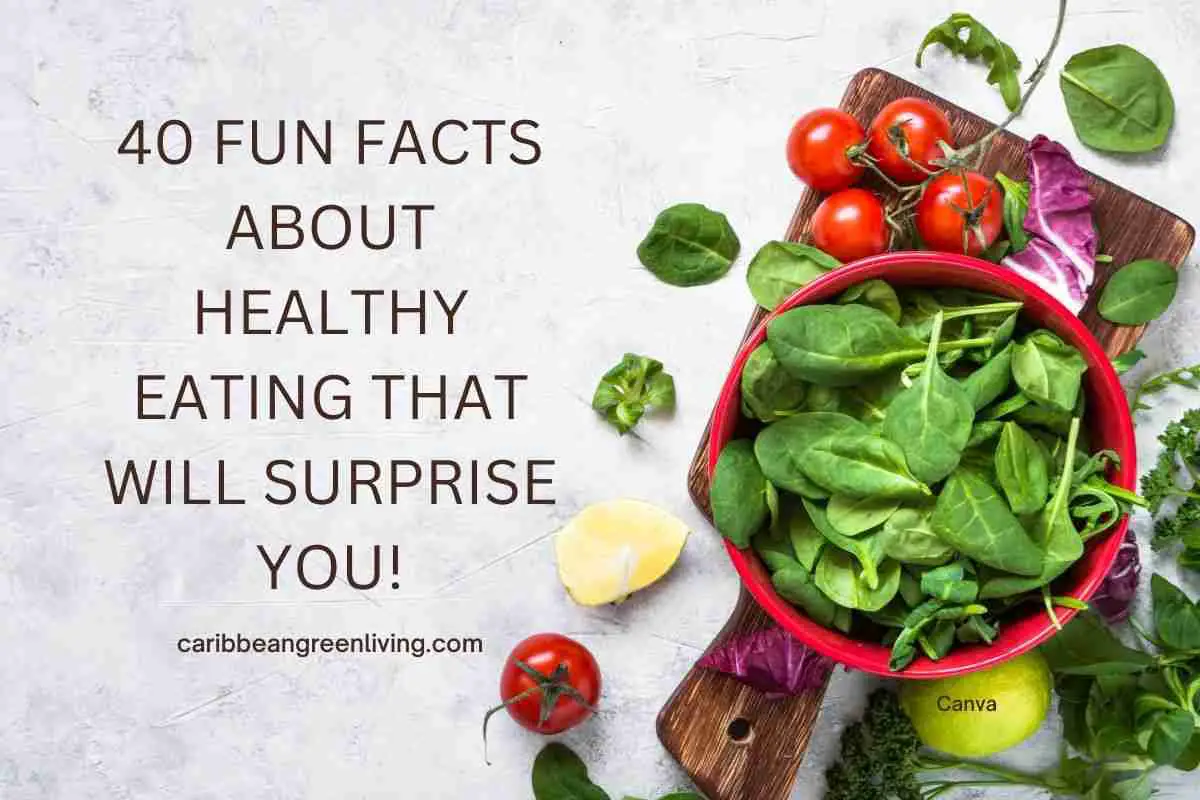
Embrace the Deliciousness of Healthy Living!
We hope these fun and informative facts have further ignited your passion for healthy eating. Remember, nourishing your body with wholesome foods is an act of self-care that fuels your energy, boosts your mood, and supports your overall well-being.
Here at Caribbean Green Living, we encourage you to explore the vibrant flavors and nutritious bounty of the Caribbean and beyond. Let’s make healthy eating a joyful and sustainable part of our lives!
What’s one surprising fact about healthy eating that you’ve learned today? Share it in the comments below!
Sources
- https://www.healthline.com/nutrition/20-nutrition-facts-that-should-be-common-sense#section20
- https://www.businessinsider.com/scientific-reasons-to-eat-healthy-2016-7#eating-right-could-improve-mens-fertility-a-mediterranean-diet-is-associated-with-an-increased-sperm-count-and-obese-men-tend-to-have-fewer-more-abnormal-sperm-4
- https://www.cdc.gov/nutrition/php/resources/healthy-eating-benefits-for-adults.html
- https://www.who.int/initiatives/behealthy/healthy-diet
